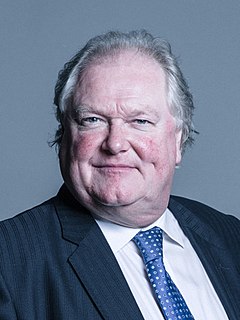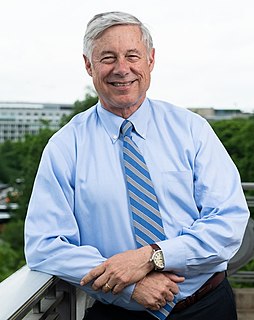A Quote by Julia Gillard
In the quest for comparative advantage, investment will flow towards those countries that can offer more output for fewer emissions. Inaction will cost jobs. Action will support jobs.
Related Quotes
I have been a proponent of dramatically expanding the AmeriCorps program. By increasing the pay of participants to a living wage, it can act as a jobs program that, rather than trying to predict what will be technically viable jobs, will value social support and provide jobs that make communities stronger.
This is about putting education absolutely in the centre of enterprise and then using the traditions of Birmingham to inspire and grow. If you have knowledge and business linked together you will grow well, you go further down the innovative path and actually you create more and more jobs. Those jobs will only be available for people with skills but they will be real sustainable employments. That is how important innovation is.
I recently returned from a trip overseas that included deals for more than $350 billion worth of military and economic investment in the United States. These deals will bring many thousands of jobs to our country and, in fact, will bring millions of jobs, ultimately, and help Saudi Arabia take a greater role in providing stability and security in that region.
First, climate change is the greatest long-term threat faced by humanity. It could cause more human and financial suffering than the two world wars and the great depression put together. All countries will be affected, but the poorest countries will be hit hardest. Secondly, the costs of inaction far outweigh the costs of action.
Government investment unlocks a huge amount of private sector activity, but the basic research that we put into IT work that led to the Internet and lots of great companies and jobs, the basic work we put into the health care sector, where it's over $30 billion a year in R&D that led the biotech and pharma jobs. And it creates jobs and it creates new technologies that will be productized. But the government has to prime the pump here. The basic ideas, as in those other industries, start with government investment.











































